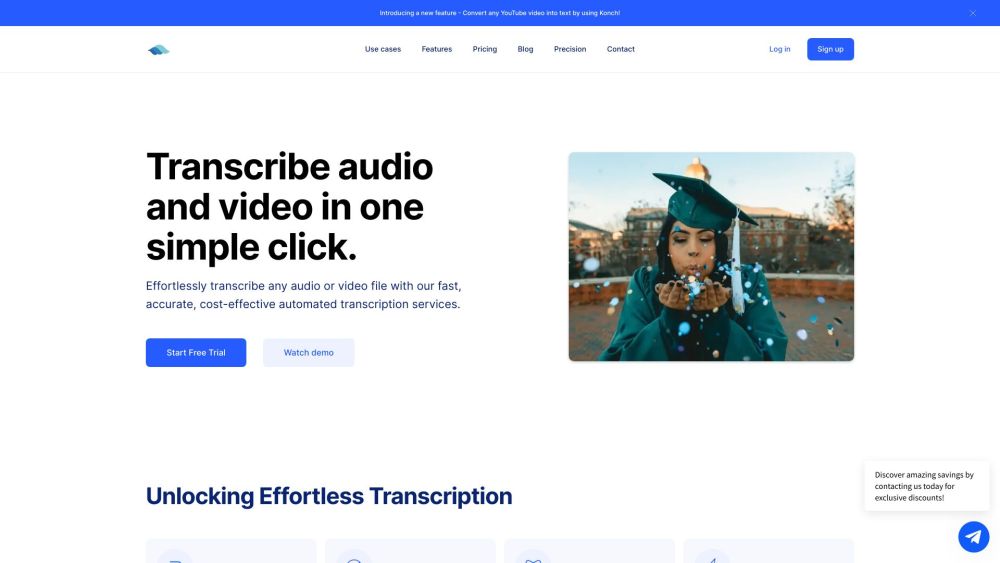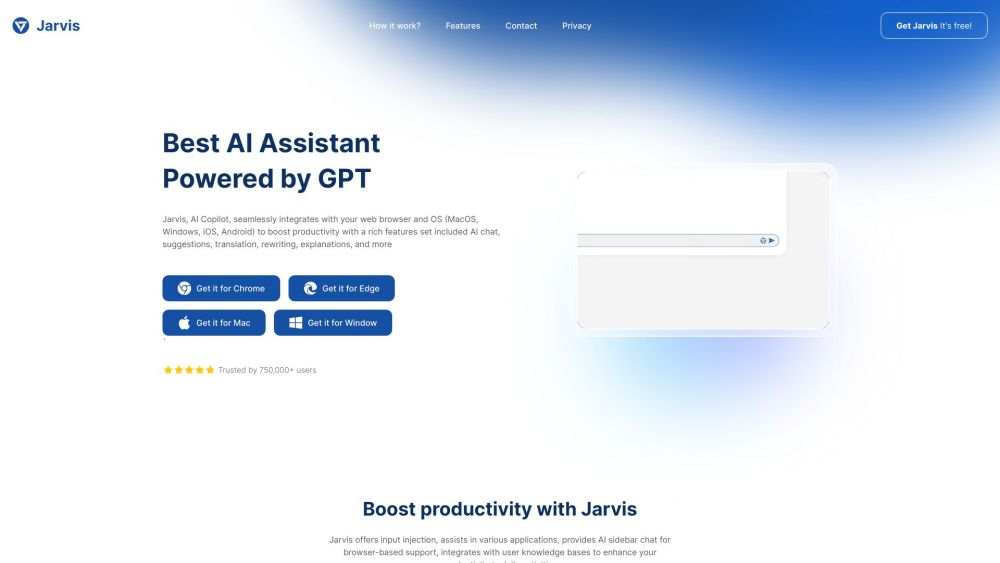Google is actively enhancing its Gemini series as it approaches the release of version 2.0.
Today, the company unveiled two new iterations: the Gemini 1.5 Flash-8B, a smaller variant of Gemini 1.5, and upgraded versions of Gemini 1.5 Flash and Gemini 1.5 Pro. According to Google, these models show marked improvements across various internal benchmarks, with significant performance boosts for 1.5 Flash and enhanced capabilities in mathematics, coding, and complex prompts for 1.5 Pro.
"Gemini 1.5 Flash is currently the best option for developers worldwide," stated Logan Kilpatrick, product lead for Google AI Studio, in a post on X.
Latest Experimental Iterations of Gemini Models
Released in May, Gemini 1.5 Flash is designed to manage long contexts and can analyze detailed information from over 10 million tokens. This enables it to handle high-volume multimodal inputs, including documents, video, and audio.
The newly available 8 billion parameter variant of Gemini 1.5 Flash provides an improved experience, while the updated Gemini 1.5 Pro enhances performance in coding and complex tasks, serving as a straightforward replacement for its earlier model launched in August.
Kilpatrick mentioned that a production-ready version is expected in the coming weeks, and it will likely include evaluation features. He emphasized that these experimental models are crucial for gathering developer feedback and facilitating rapid updates.
The latest iterations of Gemini 1.5 Flash and Pro come with a 1 million token limit and are available for free testing via Google AI Studio and the Gemini API, with plans to include them on the Vertex AI experimental endpoint. A free tier will be offered, and a future production version is anticipated shortly.
Starting September 3, Google will automatically redirect requests to the new model, phasing out the older version from Google AI Studio and the API to reduce confusion.
"We're eager to hear your thoughts and see how this model might enable new multimodal use cases," Kilpatrick shared on X.
Gemini 1.5's Unprecedented Scale
Google DeepMind researchers describe the scale of Gemini 1.5 as "unprecedented" among contemporary language models. Kilpatrick expressed gratitude for the community's enthusiasm for the initial experimental model released earlier this month, highlighting the hard work that went into bringing these innovations to fruition.
Mixed Feedback on Recent Updates
Early feedback from the community has been varied—from enthusiastic praise to skepticism. In a recent leaderboard update by the Large Model Systems Organization (LMSO), Gemini 1.5 Flash jumped from 23rd to 6th place based on 20,000 community votes, demonstrating its competitiveness with models like Llama and outperforming some of Google's earlier offerings.
While some users noted "solid improvements," particularly in image analysis, criticisms also surfaced. Some questioned the frequency of updates, advocating for a more substantial version like Gemini 2.0. Others described the new release as suffering from "lazy coding disease," akin to issues reported with GPT-4 Turbo, claiming that it struggles with longer outputs and coherence.
Comments on Google’s naming choices also surfaced, with users humorously questioning the creativity of the model names.
The discourse around Gemini models continues to evolve, reflecting the complexities of AI advancements and user expectations.






